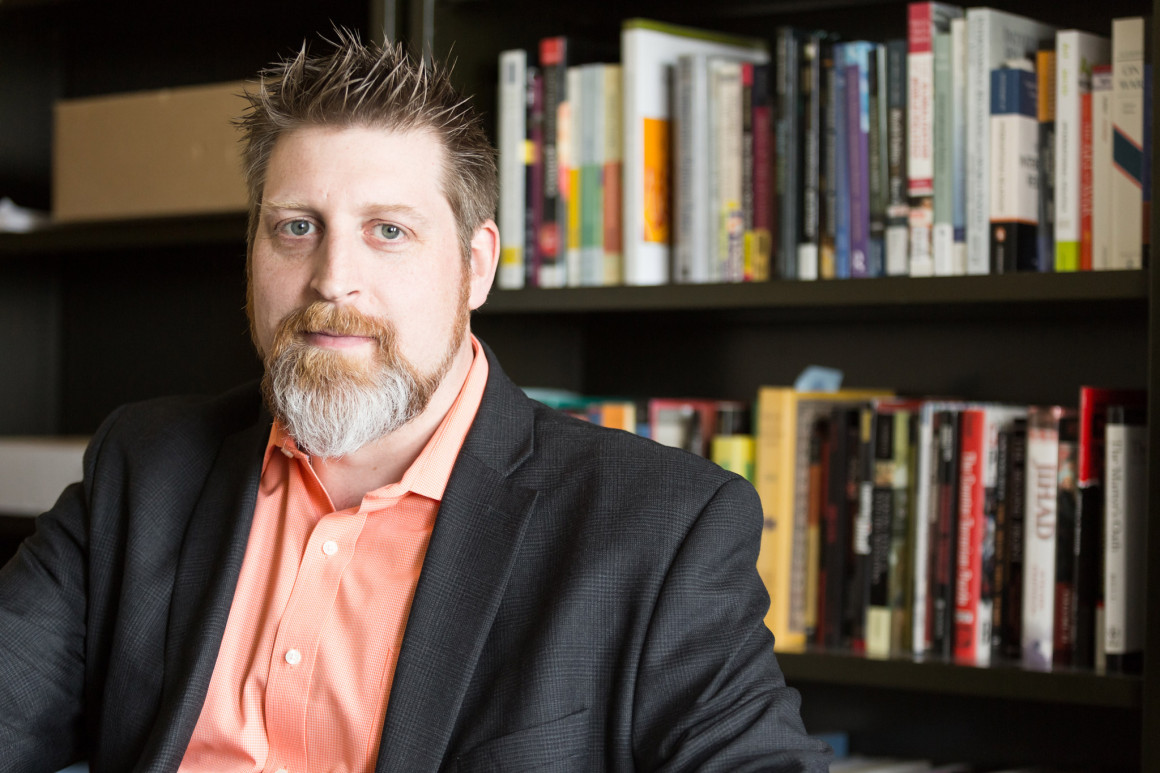
Calgary man murders 46 in Iraq bombing
Chris Adams, July 31, 2014 —
A Calgary man is now the face of Canadian-bred extremism after he carried out a suicide attack that left dozens dead.
Photos posted online in March revealed that Salman Ashrafi killed 46 people and himself in a suicide bombing in Iraq in November 2013. Ashrafi left Calgary to fight with the al-Qaeda splinter group Islamic State of Iraq and Syria (ISIS) in 2012. ISIS released the photos celebrating him as a martyr.
Ashrafi graduated from the University of Lethbridge and worked in downtown Calgary for Talisman and Exxon. Calgary-based Imam Syed Soharwardy knew Ashrafi until 1998.
“It was shocking and disappointing that such a nice boy became a very destructive and dangerous person,” Soharwardy said. “He was brainwashed or transformed into a suicide bomber by people here in Calgary. I think as a Canadian it is a matter of concern for all of us.” CBC News said “as many as two dozen” Calgarians have fought in Syria’s civil war in the last two years.
University of Calgary political science professor Michael Zekulin is researching how radicalization produces homegrown terrorists. He looks at degrees of radicalization and the tipping points that push individuals to become terrorists.
Zekulin said Ashrafi’s case is not isolated and that the Canadian government needs to do more to prevent radicalization.
“In terms of who is radicalizing, or what the Canadian government is doing, we lag way, way behind. If you’re looking at other countries — the United States, Britain, Australia — they are actively pursuing, investigating and finding people that they consider to be inciting violence or hatred or radicalization in their communities. And they’re getting them,” Zekulin said.
But tactics used in these countries have drawn criticism.
Stop-and-frisk laws have been used in New York City to curb terrorism. But stop-and-frisk has come under scrutiny after the NYPD was accused of racial profiling. America’s National Security Agency justifies its mass surveillance program because they believe it helps them monitor terrorist activity.
The Obama administration executed American citizen and al-Qaeda-affiliated cleric Anwar al-Awlaki with a drone strike in 2012. Al-Awlaki did not stand trial even though he was an American citizen.
Another Canadian, Mohamed Hersi, was found guilty of attempting to take part in terrorist activity in May — the first conviction of a Canadian trying to join a foreign terrorist organization. He intended to join al-Shabab, a Somali terrorist group. Hersi was headed to Cairo when the RCMP detained him at Toronto’s Pearson International Airport.
Although Hersi’s arrest did stop a Canadian from joining a foreign terrorist group, Zekulin is skeptical about whether Canada has the ability to stop potential terrorists.
He said the biggest concern comes when they return to Canada.
“You’re now talking about people in these conflict zones getting real training, as well as hardening their extremist positions,” Zekulin said. “These are real hardcore jihadis they’re fighting alongside.”
Other countries punishmed homegrown terrorists looking to fight in overseas conflicts. Bosnia gives out 10-year sentences to citizens caught leaving the country to fight.
Canadians also took part in an attack on an Algerian gas plant in 2013. Forty gunmen stormed the plant, four of whom were Canadian.
Zekulin said the Canadian government is looking to do more to prevent radicalization.
“I know the Conservative government is talking about stripping citizenship if you go over and participate in these types of behaviours — can you strip a Canadian of their citizenship? I don’t know,” Zekulin said.
